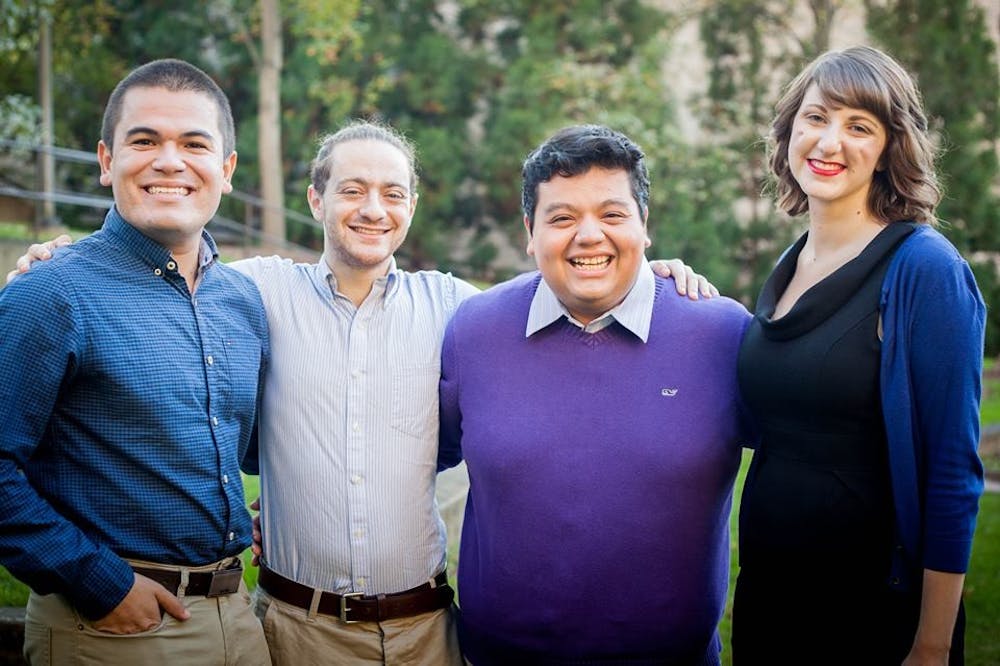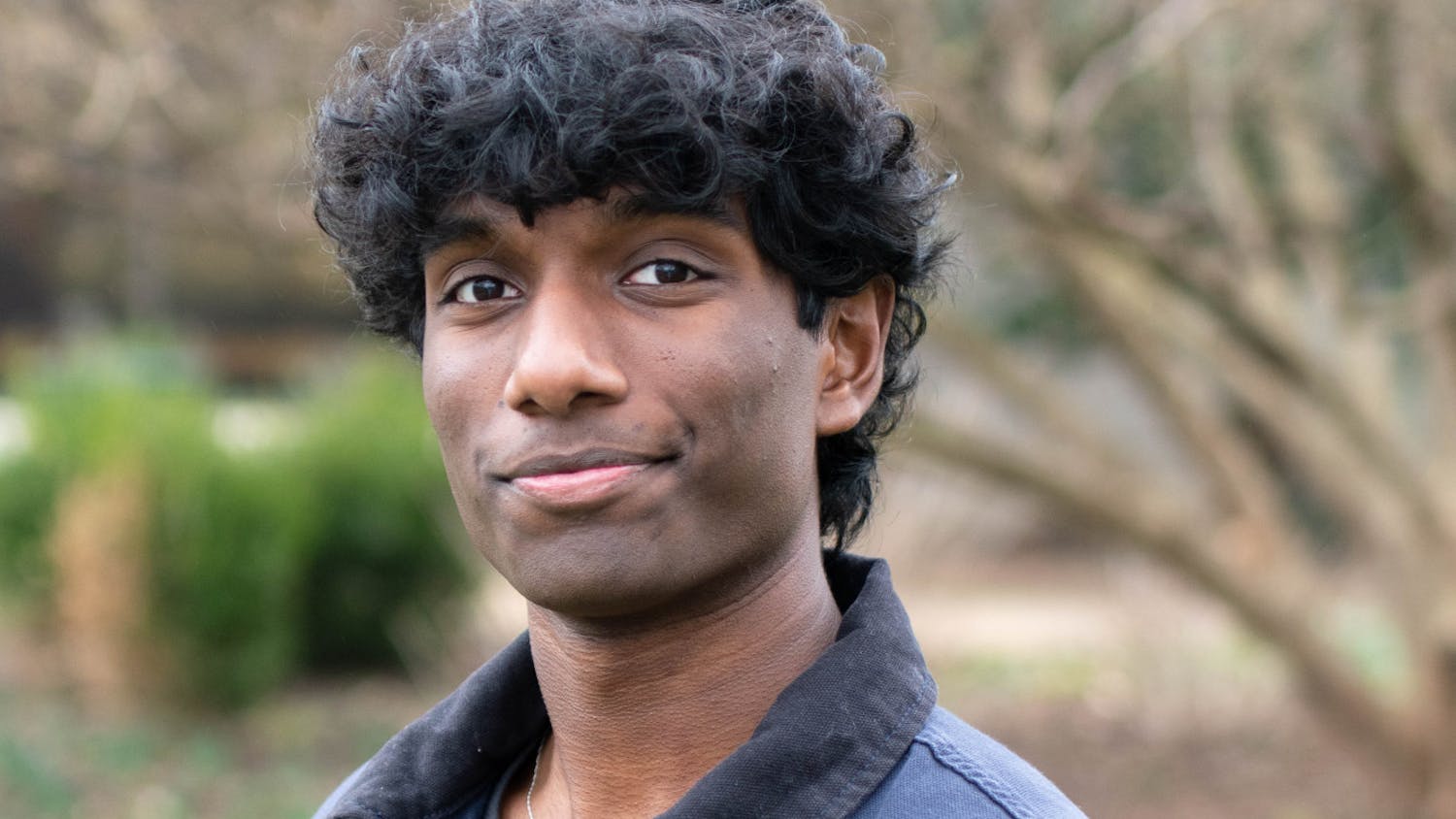Recent AU alum Carlos Vera is making waves in D.C. with his campaign Pay Our Interns, which aims to push organizations to compensate their interns.
Despite the fact that the campaign is only a few months old, it is making waves in the media and has garnered support from at least four politicians, according to its website, including Councilwoman Nancy Navarro (MD), Councilman Andy Vargas (MD), Commissioner Walter Deleon (DC) and former state Representative Solomon Ortiz Jr. (TX).
The campaign also recently joined the Global Intern Coalition, which is a network of organizations fighting to improve workplace rights for interns around the world. Some other organizations part of the coalition include the Canadian Intern Association, Intern Australia, and Intern Aware from the U.K. The Coalition is organizing a worldwide intern strike on February 20, which Pay Our Interns will be participating in.
Vera said that his work with the Exploited Wonk campaign, which he created in 2015 to fight for workers’ rights on AU’s campus, initially inspired him to launch Pay Our Interns. Additionally, his experience with working unpaid internships at the White House, the European Parliament and the U.S. House of Representatives as well as seeing friends struggle with them as well showed him that it only made things more difficult for people who are living in the city or paying for college, Vera said. He has also brought on four current AU students to work on the campaign.
“There weren’t any other campaigns that were trying to help, so I kind of thought, if not me, who else?” Vera said. “It’s so expensive to live in cities, and a student’s socioeconomic background should not determine what kind of experiences they can or cannot have.”
As for what the campaign actually does, Vera said that there are three main components: storytelling via social media, providing information and advocating. The campaign spreads awareness through its social media presence on information such as how much unpaid internships end up costing interns, and advocates for interns by spreading awareness on social media and pressuring employers to pay their interns. The main purpose of the campaign is to influence policies in both the government and the private sector, rather than raise money to fund internships, Vera said.
“Storytelling is the most important, because it helps others see that real people struggle with unpaid internships and it makes others feel more comfortable sharing their own stories,” Vera said. “Sometimes people feel embarrassed to talk about it, but it’s great to see them find the courage to lift up their voices.”
Vera said that the campaign provides information for both interns and employers on how not paying interns can put a serious strain on those who need to be compensated for their work. A recent study by the National Association of Colleges and Employers found that students who had paid internships received a median starting salary of $53,521 in their first job after college, while those who had unpaid internships received a median starting salary of $34,375.
In addition to telling people’s stories of struggling with unpaid internships, the campaign is using its social media platforms to pressure the Democratic National Party into paying its interns, pointing out that the Republican National Committee pays its interns, Vera said. Pay Our Interns is working specifically with the candidates in the DNC chair race to ensure that paying interns will be included on the party’s platform.
The campaign is also working on creating “scorecards” for organizations, rating their internship programs and then posting them online so people searching for internships can make informed decisions, while organizations can be incentivized to make their internship programs more fair, he said.
The issue of unpaid internships isn’t widely discussed or seen in the media, even though it impacts many people, particularly young people living in D.C., Vera said.
The most rewarding part for Vera of starting the campaign has been hearing people’s stories, because it emphasizes how important of an issue struggling to live while working an unpaid internship is, especially in D.C.
“I actually remember one of my close friends in college telling me that he had to go without groceries for a week in order to pay for dry cleaning for the clothes he had to wear to his internship,” Vera said.
Several members of the campaign team are AU students who have worked unpaid internships themselves, one of them being Emily Hall, a sophomore studying Film and Media Arts in the School of Communications who serves as the photographer for Pay Our Interns. Hall did an unpaid internship at a film production company last summer in Georgetown and is currently working an unpaid internship at a film production company in DuPont Circle.
Hall said she is responsible for photographing people as they give their testimonials about struggling with unpaid internships. She also did the headshots for the board of directors and the Pay Our Interns team displayed on the campaign’s website, she said. Hall said she is not being paid for her work at Pay Our Interns.
“I got involved with Pay Our Interns after working with Carlos on the Exploited Wonks campaign,” Hall said. “I feel like I have a personal connection to the campaign because so many AU students are helped by it. It’s inspiring because I know I’m helping them make their lives better.”




